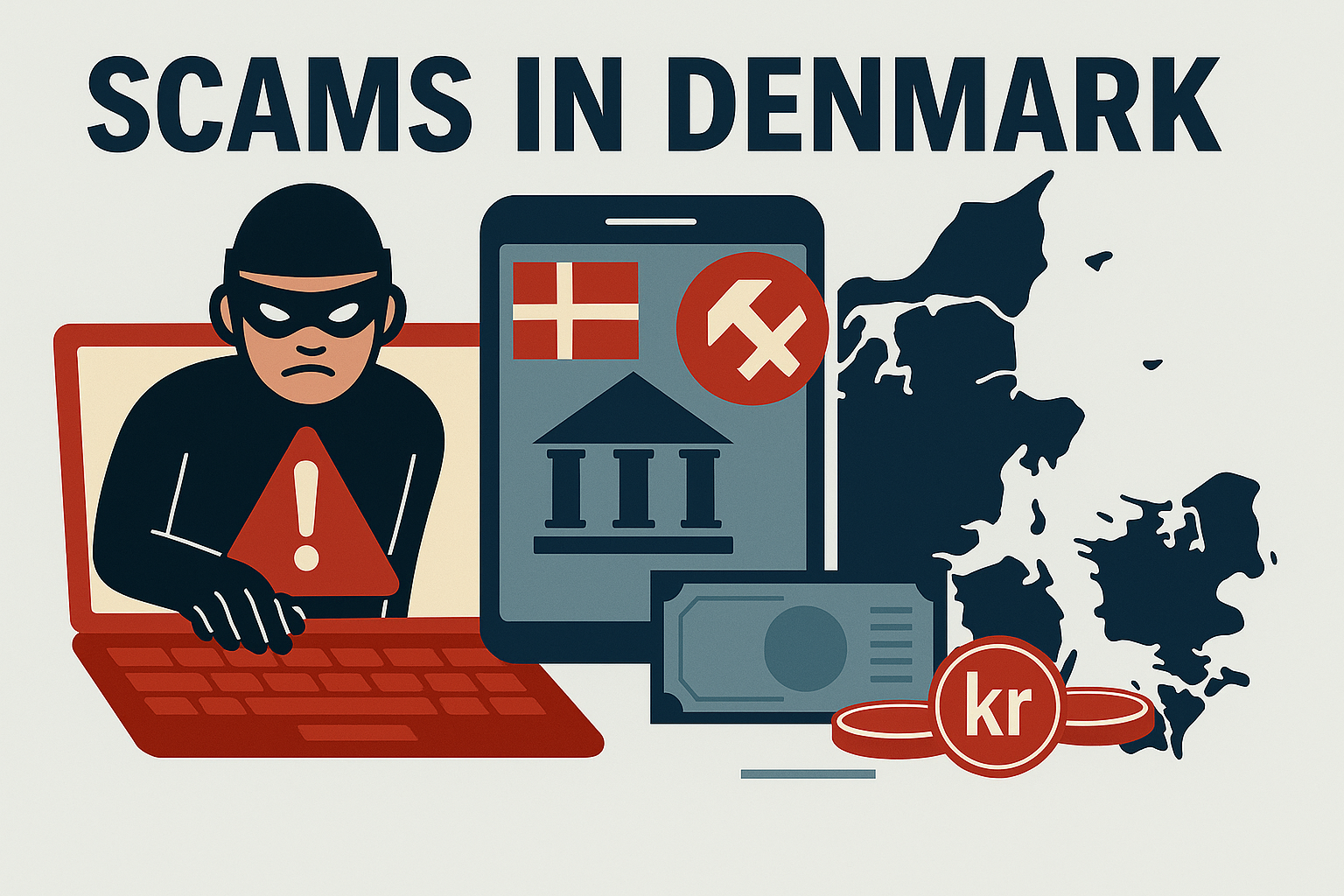The Global Anti-Scam Alliance’s recently released State of Scams in Denmark report (sponsored by BioCatch) ought to serve as a wakeup call for Danish financial institutions, consumers, law enforcement, regulators, and government leadership alike. Nearly half of Danish adults reported falling victim to a scan in the last 12 months, primarily through deceptive online shopping ads and websites, losing a combined estimated 6.9 billion DKK (approximately $1 billion USD).
Unexpected vulnerability
One of the most striking revelations I found in this survey is the apparent vulnerability of Generation Z. Despite their confidence in recognizing scams, Gen-Z are more likely to fall victim compared to other age groups. They tend to lose more money and take longer to realize they’ve been deceived. This misplaced confidence can lead to significant financial and emotional harm.
Psychological impact
The report also highlights the profound psychological effects of scams on victims. Stress, emotional harm, and a decline in confidence are common experiences. In Denmark, 68% of scam victims reported feeling very or somewhat stressed by their experience, and 48% said the scam had a significant or moderate impact on their mental wellbeing. This is notably higher than the European average, where 31% of adults reported experiencing emotional or physical harm due to scams.
The psychological toll of scams extends beyond immediate stress. Victims often experience heightened vigilance, distrust of digital tools and platforms, and even changes in spending behavior. In Denmark, 45% of scam victims reported being more vigilant of scams, and 28% expressed increased distrust of digital platforms. These figures underscore the need for comprehensive support systems to address the emotional and psychological aftermath of scams.
A call to action
I think we should treat this report as a call to action for all stakeholders – governments, financial institutions, online platforms, and consumer protection organizations – to take decisive measures. The public demands stringent penalties and guaranteed reimbursement for victims. It is imperative to hold scammers accountable and restore trust in our digital economy. A problem of this scale isn’t easy to fix of course, but in other countries such as Australia we’ve seen coordinated action and investment in technologies turn the scamming tide at a national level.



